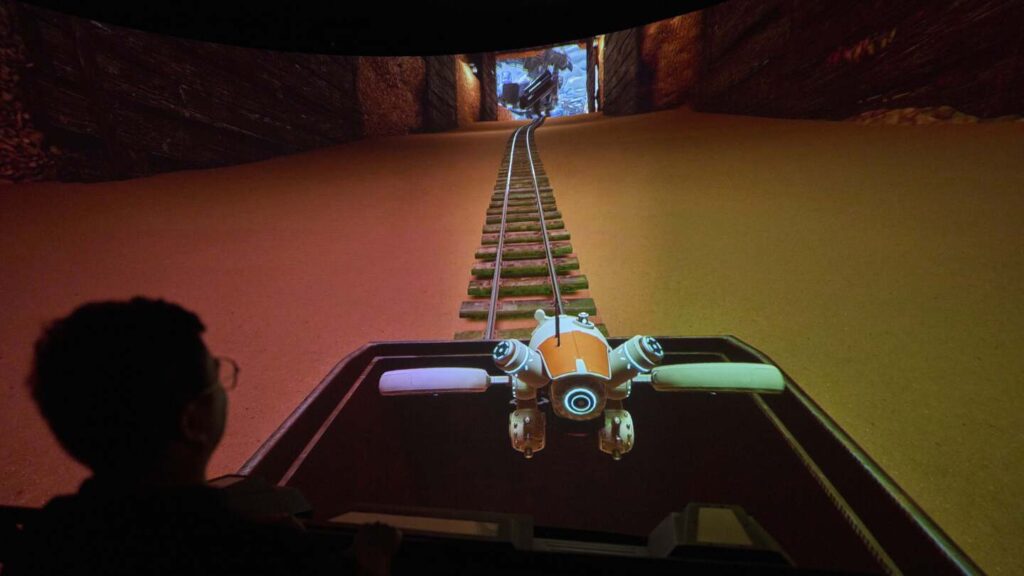In Dongguan, China, businessman Danny Lau’s aluminum-coating factory faces challenges due to the escalating trade war. With tariffs reaching up to 145%, Lau’s business has been significantly impacted, especially with one third of his clients being from the U.S. The uncertainty has led to a decrease in orders, with some clients considering alternative suppliers.
To adapt to the changing market conditions, Lau’s company has started exploring new markets, focusing on the Middle East. However, Lau highlights the importance of the U.S. market due to its payment ability and demand for high-quality products. Despite efforts to diversify, Lau finds it challenging to replace the U.S. market.
Meanwhile, another company, Zhuoyuan VR Tech, has found success in Southeast Asia, Latin America, and the Middle East. By shifting focus to developing economies post-COVID-19, the company now receives half of its orders from countries outside China, with India being a key export market.
Both companies demonstrate the need for businesses to adapt to changing trade dynamics and explore new markets to sustain growth and competitiveness in the face of trade uncertainties.

